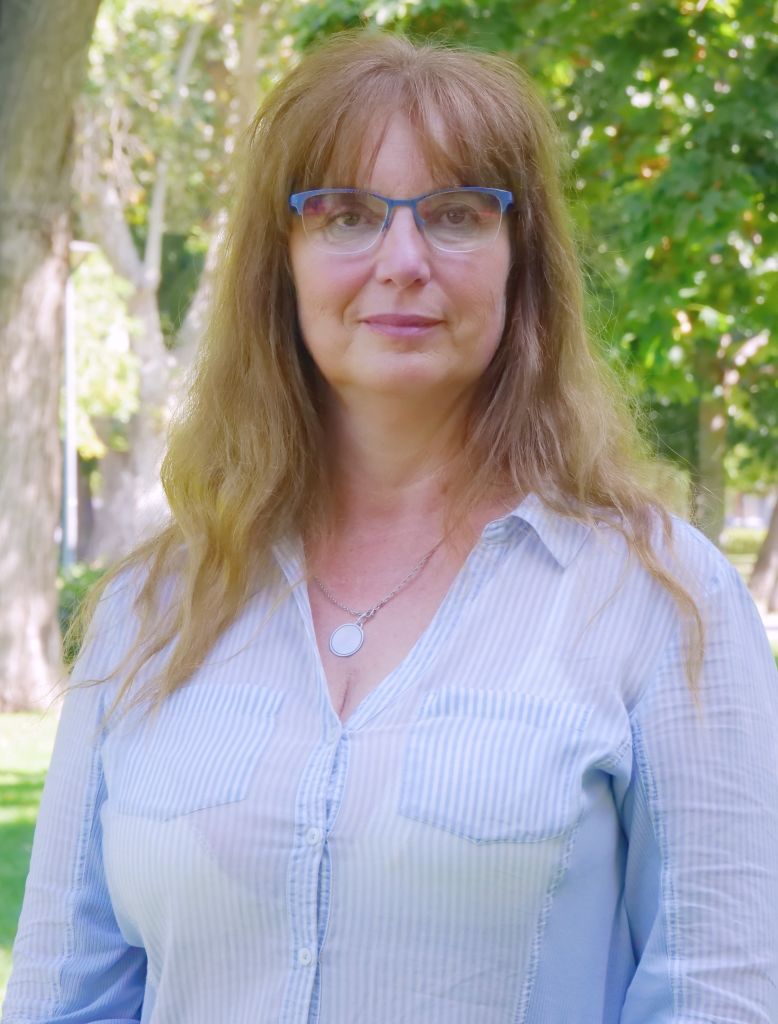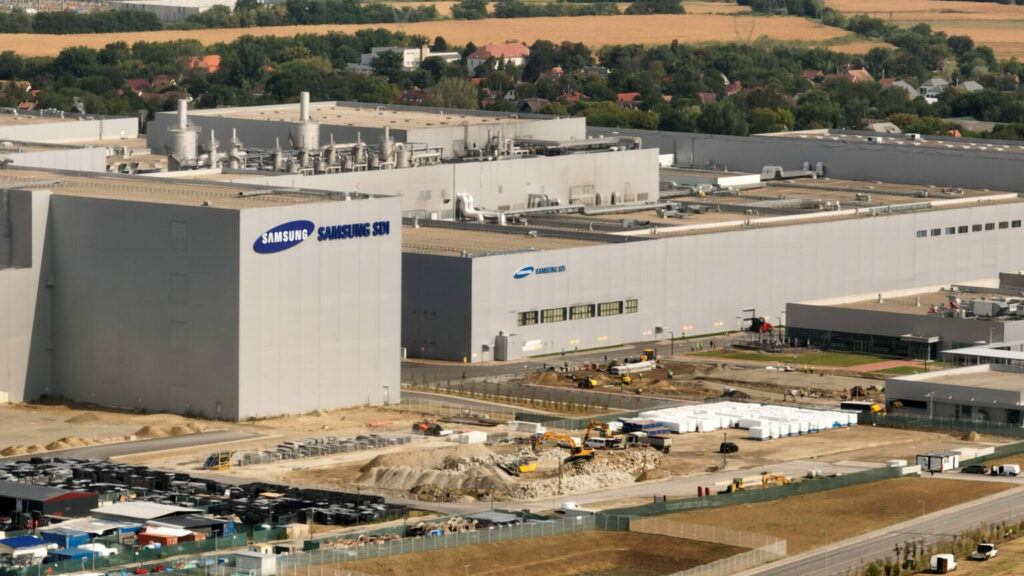The https://english.atlatszo.hu use cookies to track and profile customers such as action tags and pixel tracking on our website to assist our marketing. On our website we use technical, analytical, marketing and preference cookies. These are necessary for our site to work properly and to give us inforamation about how our site is used. See Cookies Policy
Residents achieve victory agains polluting battery factory after years of litigation
The Budapest Regional Court annulled the environmental permit of the Samsung battery factory of Göd, a small town close to Budapest. The court ruled that the government office violated the law by repeatedly ammending Samsung’s permit to accommodate their expansion plans. The decision is a significant victory for local civilian activists who have protested the plant for years over its unregulated pollution.
On October 7, the local enviromental organizations Göd-ÉRT and EMLA Association announced that after nearly two years of litigation against both the Pest County government office and Samsung SDI, the courts finally ruled in favor of Göd residents.

Átlátszó has been following the case from the beginning. In January 2024, we reported that Göd-ÉRT took the Pest County government office to court over the environmental permit issued late in 2023. The association argued that the authority, when granting the permit, ignored the long-standing noise pollution, and proved too permissive in regulating air and water pollution as well as battery-waste generated by the operation.
Later, we reported that the court suspended the permit until the final judgment was rendered.
But the county authority interpreted the court’s ruling in a peculiar way:
it claimed the decision only mandated “limitation of certain activities,” not a full shutdown. Despite this, the noisy and polluting operations of Samsung SDI in Göd continued. On appeal, the Metropolitan Court overturned the first-instance court’s prohibition of environmental usage.
The local’s suit was first brought to the Budapest Regional Court in January and again in April. Meanwhile, the county authority, accommodating Samsung SDI’s expansion requests, modified the permit three times during litigation. The modifications allowed the installation of hundreds of additional noise and air-polluting devices, increased the plant’s cell-production capacity to 157,000 tons per year, and raised the volume of NMP (a solvent harmful to the development of pregnancies) to 22,000 tons.
The county government office was obligated by law to forward these decisions to the court, but they never did. In the hearing, the authority and Samsung’s lawyers claimed that the modifications affected “other activities” than those contested by the citizens, and that they were not significant changes.
The factory must be shut down
The court did not accept the defense’s arguments. It ordered the government office to send the contested permit modifications to the court. The citizens, through their legal team, submitted a supplemental petition challenging the modifications as well.
In the hearing on October 7,
the judicial panel annulled both the 2023 environmental permit of the Samsung plant and the subsequent amendments.
The panel’s president reasoned that the modifications were issued in violation of law and constituted significant changes in how the plant uses the environment.
Because this judgment cannot be appealed (only a review request may be filed), the county authority must, upon receipt of the ruling, suspend Samsung SDI’s battery production. The factory may only resume operation after a fresh environmental procedure and issuance of a new permit.
Residents celebrate
Ákos Szegedi, president of the Göd-ÉRT Association and municipal representative of Göd, told us: “We regard this ruling as extremely significant, because it revoked an unlawfully issued permit. The litigation proved that the authority cared more about the interests of the multinational company than representing and protecting the population. Since 2018, despite filing thousands of complaints about the Samsung plant’s noise and irregular practices, the authorities never addressed them substantively. Moreover, the company hides what is released into the air, what toxins leak into the soil during frequent pipe bursts, and where the huge quantities of hazardous waste end up.
We initiated litigation because our association had exhausted every possibility for comment and objection over the years. Although the present court case did not address all the permit’s deficiencies or operational anomalies, in a new environmental procedure we can again raise the issue of pollution and risk.”
Written by Zsuzsa Bodnár, translated by Zalán Zubor. The original Hungarian version can be found here. Cover photo: Samsung factory in Göd (photo by our reader).
Share:
Your support matters. Your donation helps us to uncover the truth.
- PayPal
- Bank transfer
- Patreon
- Benevity
Support our work with a PayPal donation to the Átlátszónet Foundation! Thank you.
Support our work by bank transfer to the account of the Átlátszónet Foundation. Please add in the comments: “Donation”
Beneficiary: Átlátszónet Alapítvány, bank name and address: Raiffeisen Bank, H-1054 Budapest, Akadémia utca 6.
EUR: IBAN HU36 1201 1265 0142 5189 0040 0002
USD: IBAN HU36 1201 1265 0142 5189 0050 0009
HUF: IBAN HU78 1201 1265 0142 5189 0030 0005
SWIFT: UBRTHUHB
Be a follower on Patreon
Support us on Benevity!

